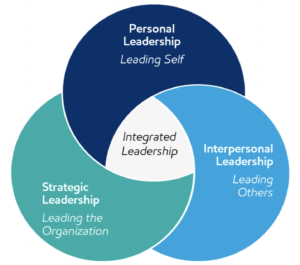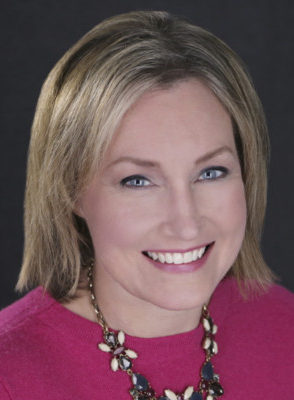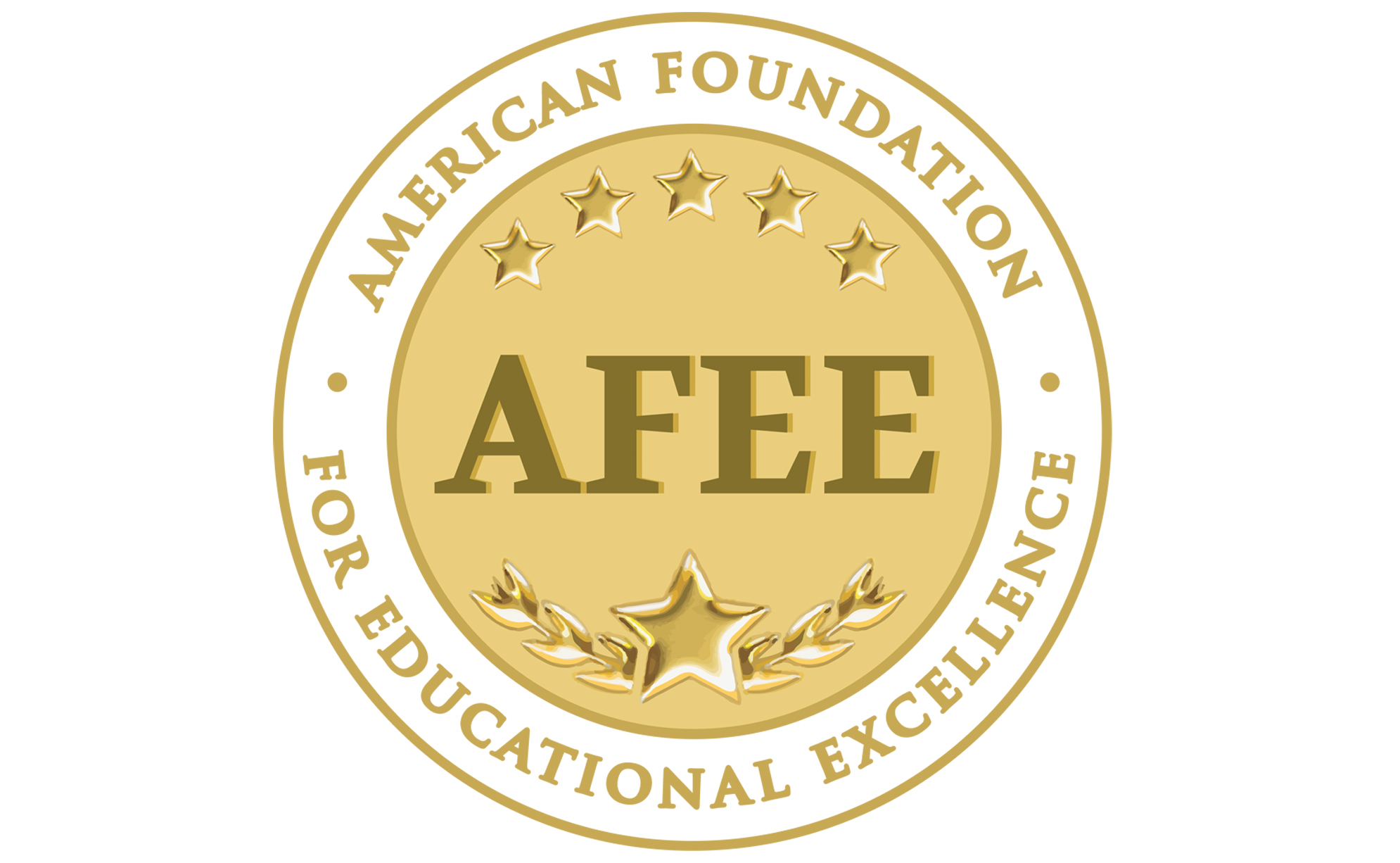'How to Lead Successfully in Today's New World'
Learn more about the program cost, available packages, certificates in leadership, and program & presenter details.

Costs, Packages & Certificates
- Full program costs $3,000 per participant (Early Bird, at least 60 days prior to program start), $3,500 per participant (Discounted Registration, at least 40 days prior to program start), and $4,000 per participant (Regular Registration, less than 40 days prior to program start).
- Executive Certificates in Leadership will be presented by AFEE and will reflect the number of webinars attended along with webinar details.
Tentative Topics
A - Macro-Leadership Skills
- Articulating a Theory of Change and Developing a Logic Model for Strategic Planning: Think Through, Better Understand and Evaluate Your Business to Achieve Your Goals (#2)
- Business Transformation in Today’s New World (#3)
B - Micro-Leadership Skills
- Crisis Leadership: Outer Impact Through Inner Mastery– Developing impactful strategies and helping others do better, from a foundation of self-leadership (#2)
- How to Build Trust in the Workplace (#5)
- Developing and Practicing Inclusive Leadership to Build more Effective and Resilient Businesses, Organizations and Teams (#7)
- Leadership-Mindset: Team Decision-Making when Time is Scarce (#8)
- Storytelling to Build Trust Among Team Members (#9)
- Leadership During Crisis: Building Confidence & Taking Intelligent Risks (#10)
C - Personal Skills
- The Birkman Method/Assessment (#1)
- Thriving at Work & In Life: Your Blueprint for Stress Resilience (#6)
Tentative Program Details
|
Introduction & The Birkman Method (Assessment) (AFEE) |
|
Crisis Leadership: Outer Impact Through Inner Mastery (Dr. Paul Ingram, Columbia University, USA) |
|
Articulating a Theory of Change and Developing a Logic Model for Strategic Planning that Leads to Building Trust (Dr. Karen Kortecamp, The George Washington University, USA) |
|
Business Transformation in Today's New World (Ralph Bounassif, Co-Founder of L'Atelier du Miel, Former McKinsey & Company and Booz and Company, France) |
|
How to Build Trust in the Workplace (Jonathan Crawford, Former UNDSS, Hostage Incident Management, 2 hrs.) |
|
Thriving at Work & In Life: Your Blueprint for Stress Resilience (Paula Davis-Laack, Harvard University & Founder of the Stress & Resilience Institute, USA) |
|
Developing and Practicing Inclusive Leadership to Build More Effective and Resilient Businesses, Organizations, and Teams (Johanna Zeilstra & Joan Toth, CEO & Advisor, Gender Fair, USA) |
|
Leadership-Mindset Webinar: Team Decision-Making when Time is Scarce (Dr. Daylian Cain, Yale University, USA, 2 hrs.) |
|
Storytelling to Build Trust Among Team Members (Dr. Jay Rao, Babson College, 2 hrs.) |
|
Leadership During Crisis: Building Confidence and Taking Intelligent Risks (Dr. Rita Stephan, Regional Coordinator for Religious and Ethnic Minorities in the Middle East, USAID) |

B - Micro-Leadership Skills
Crisis Leadership: Outer Impact Through Inner Mastery – Developing Impactful Strategies and Helping Others Do Better, From a Foundation of Self-Leadership (Dr. Paul Ingram, Columbia University, USA, 2 hrs.)
This two-hour webinar will present a practical, interactive guide to effective leadership during crises. It will consist of three domains:
A - Personal Leadership: The Role of Values
Leadership is a social act, but effective leadership begins with  leading ones’ self. We will offer guidance and a practical tool for personal leadership in crises through the lens of values. We will begin with a discussion of how leaders rely on their values during crises, including examples. We will then conduct a hands-on exercise helping the participants identify their most salient values, so they can rely on them during crises for motivation, decision making, stress management and trust building.
leading ones’ self. We will offer guidance and a practical tool for personal leadership in crises through the lens of values. We will begin with a discussion of how leaders rely on their values during crises, including examples. We will then conduct a hands-on exercise helping the participants identify their most salient values, so they can rely on them during crises for motivation, decision making, stress management and trust building.
B - Interpersonal Leadership: Inspiration and Inclusion
Responding to crises takes a team. Effective leaders bring out the best in the people they lead during a crisis. We will again begin with examples and go on to identify best practices for inspiring a team to operate effectively during crises and making the most of their efforts and perspectives to solve novel problems. A key concept will be what the leader can do to produce psychological safety during the crisis.
C - Strategic Leadership: Prioritization and Planning
We’ll discuss the role of strategy during a crisis and how to lead strategically with a clear, concise communication of priorities to the organization. We will also introduce and engage the concept of scenario planning as a way to prepare strategically in the face of uncertainty. Participants will put this tool to work to think of uncertainty in their own domain.
Learning Outcomes:
- Participants will be able to identify the top values that can be called on during a crisis to:
- (1) Make decisions;
- (2) Motivate;
- (3) Resist stress
- (4) Build trust-based connections with others;
- (5) Act ethically.
- Participants will be able to demonstrate best practices for inspiring and including others during a crisis, including:
- (1) Using tools for producing psychological safety;
- (2) Identifying what to communicate and when.
- Participants will be able to lead strategically during a crisis by:
- (1) Setting strategic priorities in a crisis;
- (2) Using a tool for preparing strategically for uncertain futures.

A - Macro-Leadership Skills
Articulating a Theory of Change and Developing a Logic Model for Strategic Planning that Leads to Building Trust: Think Through, Better Understand and Evaluate Your Business to Achieve Your Goals (Dr. Karen Kortecamp, The George Washington University, USA, 2 hrs.)
Theory of change is a methodology for planning, participation, and evaluation that is used in companies, government sectors, education programs, and nonprofits to promote change. A defined theory of change will allow leaders to make more informed decisions about strategy and tactics.
Learning Outcome:
- Participants will be able to map their organizations’ Theory of Change to achieve short, medium, and long-term goals using a Logic Model, with a focus on building trust.

A - Macro-Leadership Skills
Business Transformation in Today’s New World (Ralph Bounassif, Co-Founder of L’Atelier du Miel, Former McKinsey & Company and Booz & Company, Paris, France, 2 hrs.)
The explosion of complexity, uncertainty, and frequency of change is disrupting businesses globally. The need to transform has become an essential part of business for most organizations. But the fact is that business transformation is one of the most difficult tasks to undertake. 75% of business transformations globally fail (Source: McKinsey & Co.). While there is no exact recipe for success, there are practices that can help significantly improve the chances of leading a successful transformation.
In this webinar, we will cover the main steps and guiding principles to follow in designing and executing a successful business transformation.
Learning Outcome:
- Participants will be able to build a robust business transformation plan that has significantly higher chances to succeed.

B - Micro-Leadership Skills
How to Build Trust in the Workplace (Jonathan Crawford, Former UNDSS, Hostage Incident Management, 2 hrs.)
Learning Outcomes

C - Personal Skills
Thriving at Work & In Life: Your Blueprint for Stress Resilience (Paula Davis-Laack, JD, Harvard University & Founder of the Stress & Resilience Institute, USA, 2 hrs.)
We are living, working and parenting in stressful times. Skills, like resilience, help you better manage all of the challenges and setbacks you regularly face.
Learning Outcomes:
- Participants will be able to discuss what resilience is, important resilience myths and key resilience building blocks;
- Participants will be able to explore specific skills they can begin to use immediately, both at home and at work.

B - Micro Leadership Skills
Developing and Practicing Inclusive Leadership to Build More Effective and Resilient Businesses, Organizations and Teams (Johanna Zeilstra & Joan Toth, CEO & Advisor at Gender Fair, USA, 2 hrs.)
During this interactive webinar, participants will learn strategies and practical skills that will help them become more inclusive leaders and unlock inclusion in their teams.
Learning Outcomes:
- Participants will be able to identify the “What & Why” of unconscious bias and its impact on the work environment;
- Participants will be able to model inclusive behavior through examples and case studies;
- Participants will be able to explore solutions designed for action and behavior change;
- Participants will be able to recognize how to leverage bias “interrupters;”
- Participants will be able to explain the importance of being an “upstander,” not a “bystander.”


B - Micro Leadership Skills
Leadership-Mindset Webinar: Team Decision-Making when Time is Scarce (Dr. Daylian Cain, Yale University, USA, 2 hrs.)
Award-winning Yale faculty member studies why smart people do dumb things.
Learning Outcomes:
- Participants will be able to explore the behavioral-economic theory behind making better decisions through RED-TEAMING.
- Participants will be able to examine practical leadership tips on how to apply RED-TEAMING.
- Participants will be able to support healthy disagreement in their teams without wasting time and without lacking confidence.

B - Micro-Leadership Skills
Storytelling to Build Trust Among Team Members (Dr. Jay Rao, Babson College, 2 hrs.)
Learning Outcomes

B - Micro Leadership Skills
Leadership During Crisis: Building Confidence & Taking Intelligent Risks (Dr. Rita Stephan, Research Fellow at North Carolina State University (NCSU); Regional Coordinator for Religious and Ethnic Minorities in the Middle East, USAID; Formerly: Director of the Middle East Partnership Initiative/MEPI, US Government, 2 hrs.)
This webinar focuses on elements that are essential to leading a team to success, especially during challenging times. Intellectual risk taking is a new approach that is introduced in the educational system but is slow to be adopted in the workforce. Conforming rather than risk-taking has historically been rewarded, but the new work environments are starting to reward those who stand out.
Learning Outcomes:
- Participants will be able to explore how to encourage, adopt and reward intellectual risk taking;
- Participants will be able to improve communication to reduce conflict, promote understanding over judging, increase self and social awareness, and provide tools for managing relationships and responsibilities during crisis, all while encouraging trust and loyalty (Adaptive Leadership);
- Participants will be able to examine leadership skills that are needed during Corona Virus.
TERMS OF SERVICE: We reserve the right, in our sole discretion, to reject or remove anyone who has registered or gained access under false pretenses, provided false information, or for any other action or behavior that we deem inappropriate, before, during or after the webinars, with or without prior notice or explanation, and without liability.
IMPORTANT DISCLAIMER: All rights reserved. The information on this page shall be considered proprietary information not to be used, copied or reproduced in any way. No part of our presentations / workshops / webinars may be reproduced, distributed, or transmitted in any form or by any means, including photocopying, recording, or other electronic or mechanical methods.














































